After reading this article, you will Never Throw Leaves of These Plants! Because they grow from leaves 😁🍂.
Before you consider discarding those seemingly unimportant leaves from your plants, pause for a moment and check out this list from top to bottom. They can grow into a new plant!
Never Throw Leaves of These Plants
1. African Violet
Botanical Name: Saintpaulia ionantha
You can make more of this flowering houseplant as many as you want, by growing it from leaves! Pick a fresh leaf from a healthy plant with a little stem attached and plant it in a light soil mix.
2. Jade Plant
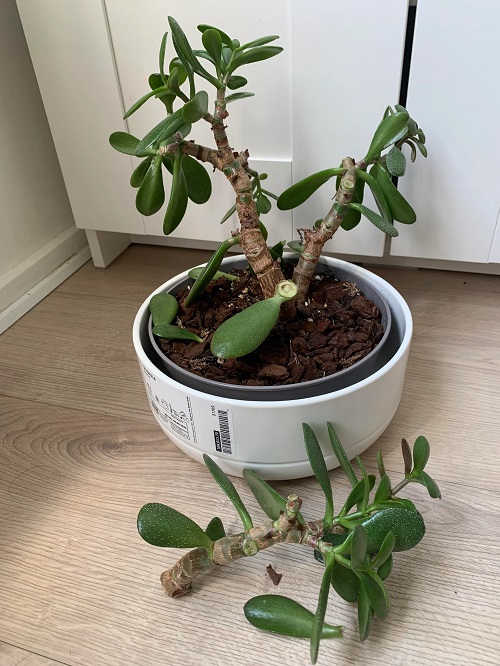
Botanical Name: Crassula ovata
Just cut a few leaves and let them dry for a day or two. Lay them on top of the soil, and you’ll see them grow in a few months. It’s that simple!
3. Bunny Ear Cactus
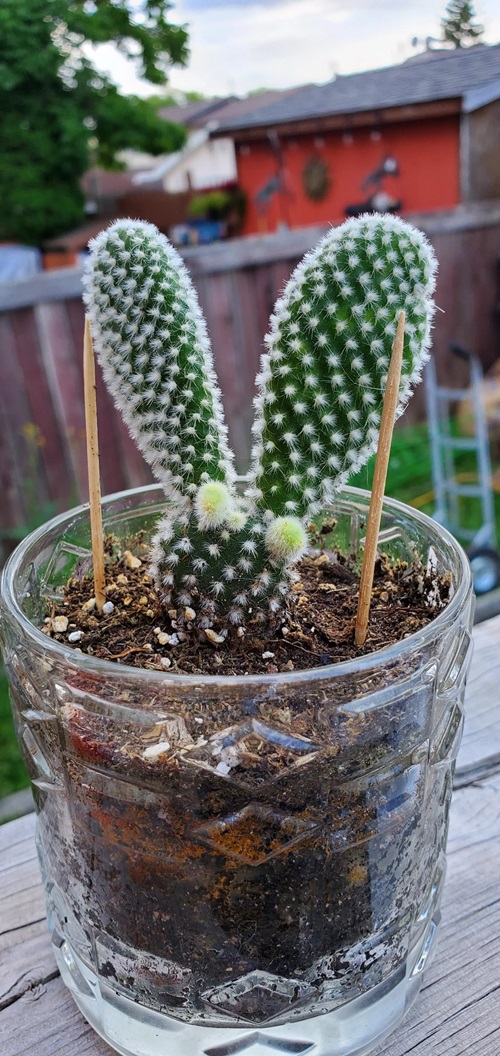
Botanical Name: Opuntia microdasys
Cut a pad or ear from the main plant. Let it dry and heal for a few days until a callus forms. Plant it in a cactus mix, with the cut side facing down.
4. Rex Begonia
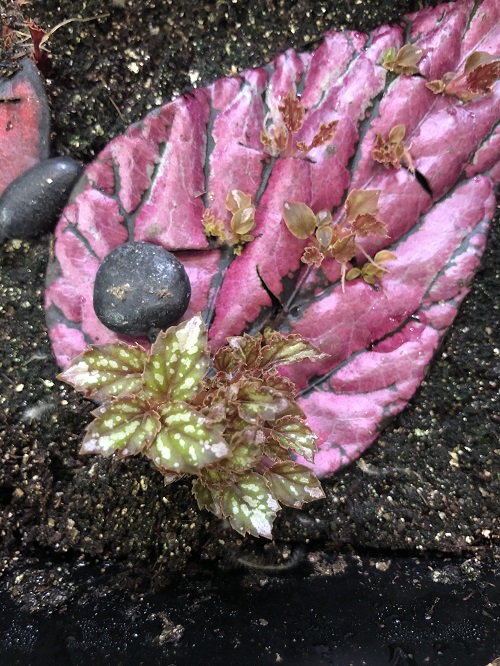
Botanical Name: Begonia rex
Instead of throwing away rex begonia leaf, you can use it to propagate new plants! Here’s how to do it!
5. Snake Plant
Botanical Name: Sansevieria trifasciata
You can make lots of new snake plants from leaves! Put the leaves in soil or water, and they’ll grow easily. Find out how to do it here.
6. Peperomia
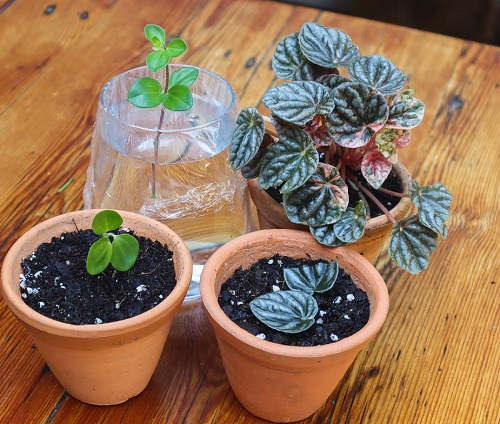
Botanical Name: Peperomia
You can grow peperomia from a healthy leaf from the base, use the whole leaf, or cut it in two. Dip the edges in rooting hormone, and plant in a well-draining growing medium.
7. Kalanchoe
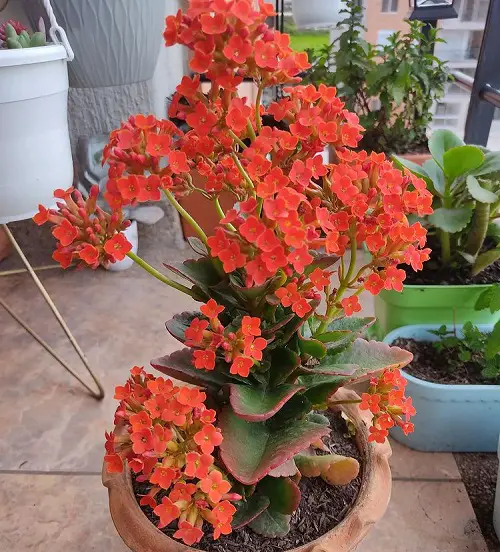
Botanical Name: Kalanchoe blossfeldiana
Pick a healthy leaf and cut it with a little stem. Plant it in a pot with seed starting mix. Water it well and put it where the leaf gets bright but not direct sunlight.
8. ZZ Plant
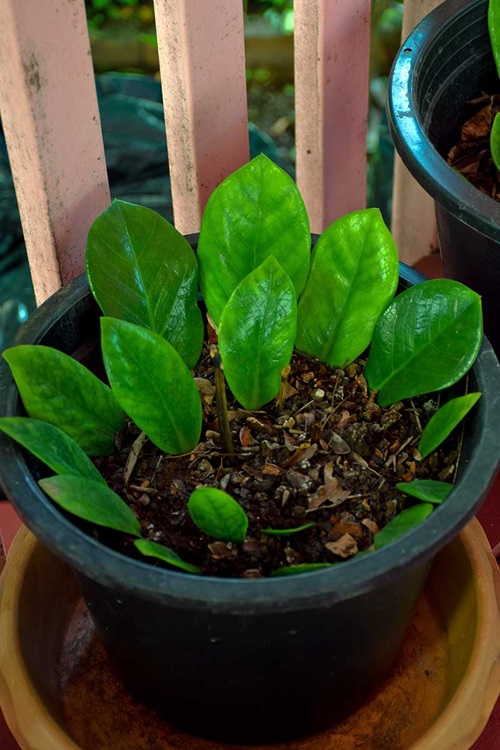
Botanical Name: Zamioculcas zamiifolia
Just cut a few thick and healthy leaves and put them in soil, with the cut part about 1/2 to 3/4 inch deep. Here’s everything you need to know!
9. Fishbone Cactus
Botanical Name: Epiphyllum anguliger
You can grow a fishbone cactus from a leaf/pad. Use a clean knife to cut a pad from the main plant. Let it heal and form a callus. Plant the pad about an inch deep in a pot.
10. Heartleaf Hoya
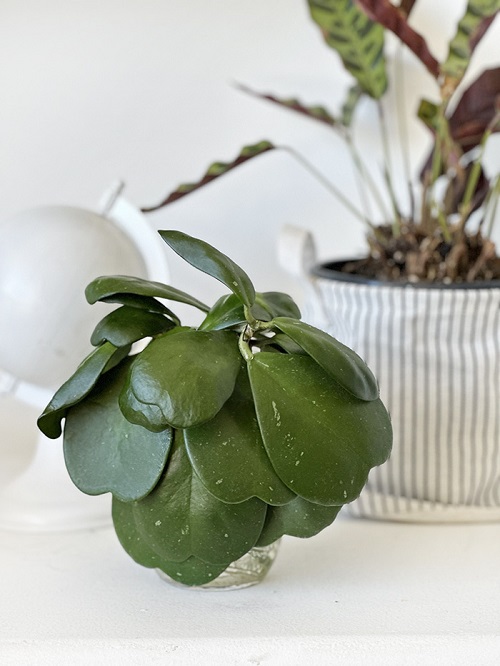
Botanical Name: Hoya kerrii
Many hoyas grow from leaves. You can also keep a single leaf in a pot; it looks charming!
11. Chinese Money Plant
Botanical Name: Pilea peperomioides
To boost the chances of growing more plants, take about 1 inch of the stem with the leaves and plant it in the soil. Find out more about growing the Chinese money plant here!
12. Zebra Cactus
Botanical Name: Haworthia
This lovely succulent has a circle of plump green leaves with patterns. You can grow more by taking a healthy one from the stem and putting it on well-draining soil.
13. Streptocarpus
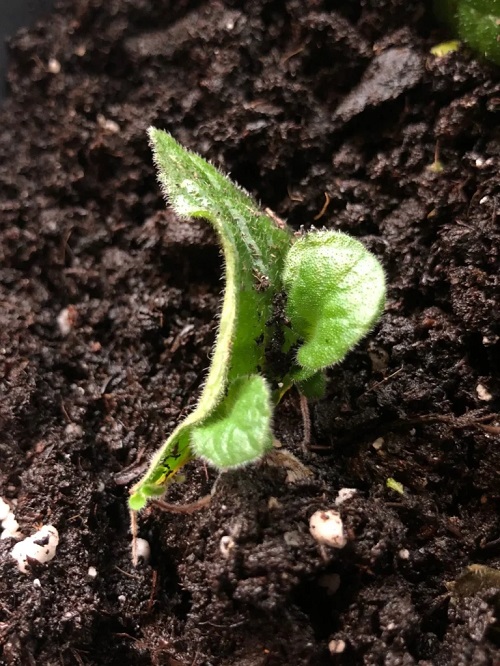
It belongs to the Gesneriaceae family, which includes African violets, so propagating it is almost the same. It is easy, and it is fun!
14. Graptopetalum
All you have to do is plant a healthy leaf from its rosette in a growing medium. It is so simple that even a newbie gardener can do it!
15. Echeveria
You should never throw the leaves of these plants, ever! Just a tray filled with well-draining mix and a few leaves after they are calloused!
Step-by-Step Guide to Growing Plants from Leaf Cuttings
1. Selecting the Leaf
Choose a healthy and non-damaged leaf from the mother plant. Ensure it is free from pests, diseases, and damage. There are many plants you can do this with!
2. Preparing
Cut or twist the leaf from the plant using a clean, sharp knife or scissors. You can cut the leaves into sections for some plants like Sansevieria or Begonia. Each section should contain at least one vein.
3. Choosing the Right Medium
Use a well-draining potting mix suitable for cuttings. Some plants, like succulents, root well in sandy soil that provides excellent drainage.
4. Planting the Leaf
Insert the cut end of the leaf or leaf section into the soil. For some plants, you can simply lay the leaf on top of the soil, ensuring the cut side is in contact with the soil.
5. Creating the Right Environment
Place the pot in a warm location with bright, indirect light. Avoid direct sunlight, which can scorch the leaves.
6. Watering
Keep the soil lightly moist but not soggy. Make sure that you are watering them properly.
7. Waiting for Roots to Develop
Rooting can take anywhere from a few weeks to several months, depending on the plant type. Check for roots gently after a few weeks by lightly tugging on the leaf; resistance usually indicates root development.
8. Transplanting
Once the new plant has developed a good root system and shows new growth, you can transplant it into a larger pot or permanent location.
Specific Considerations for Different Plants
- Succulents (like Echeveria and Sedum): These often root and grow easily from just laying the leaf on top of the soil. They need less frequent watering.
- African Violets: These prefer a slightly more humid environment for leaf cuttings. You can root leaves in water before transferring them to the soil.
- Snake Plant: Cut the leaves into horizontal sections and plant them upright in the soil.
- Begonia: Leaf vein cuttings are effective for Rex or tuberous varieties. Cut the leaf into pieces, ensuring each piece has a main vein.
Tips for Success
- Always use clean and sterilized tools to prevent disease transmission.
- Some plants take longer to root and grow from cuttings. Patience is key.
- Regularly check for signs of root growth, rot, or drying out.


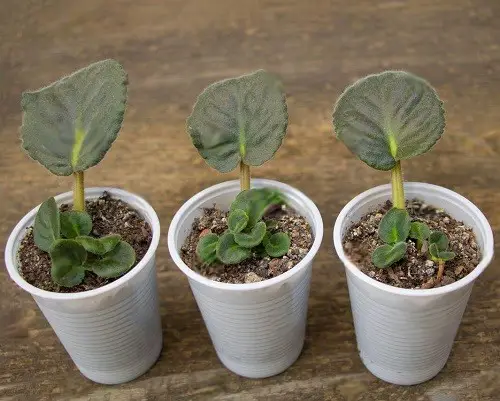
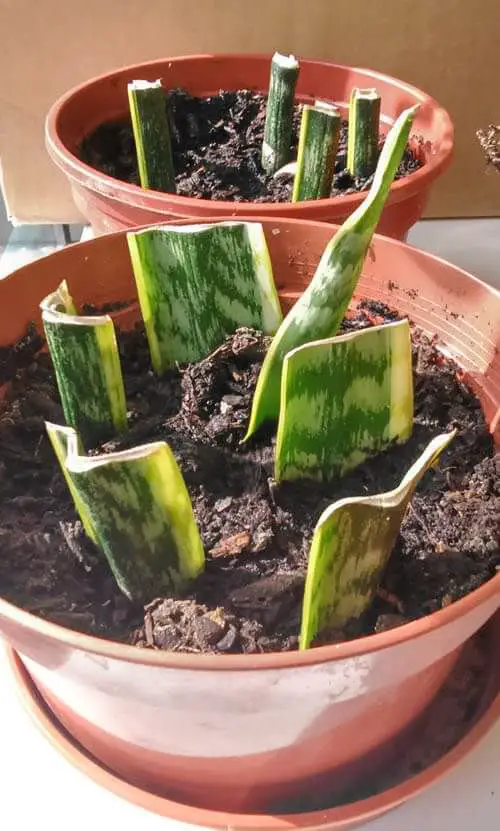
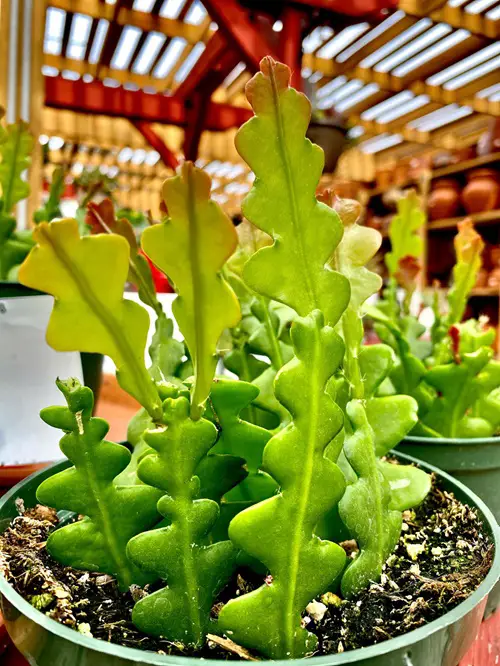
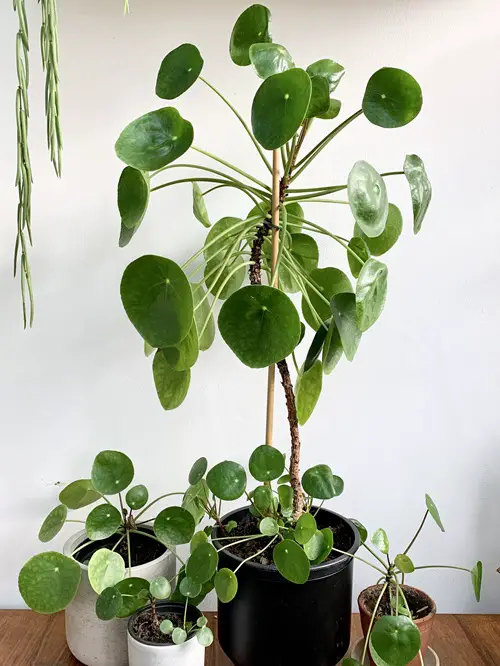
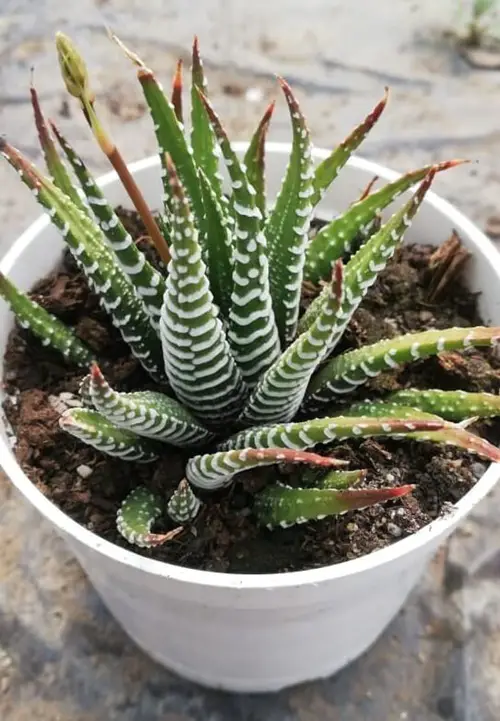
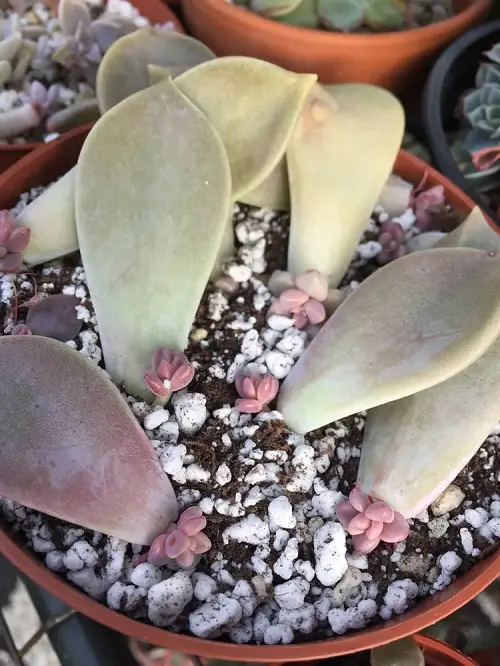
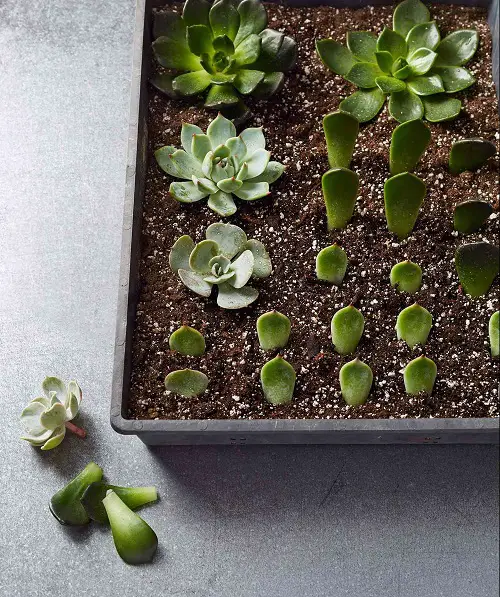

Excellent tips for easy propogation from leaves. Thanks a lot